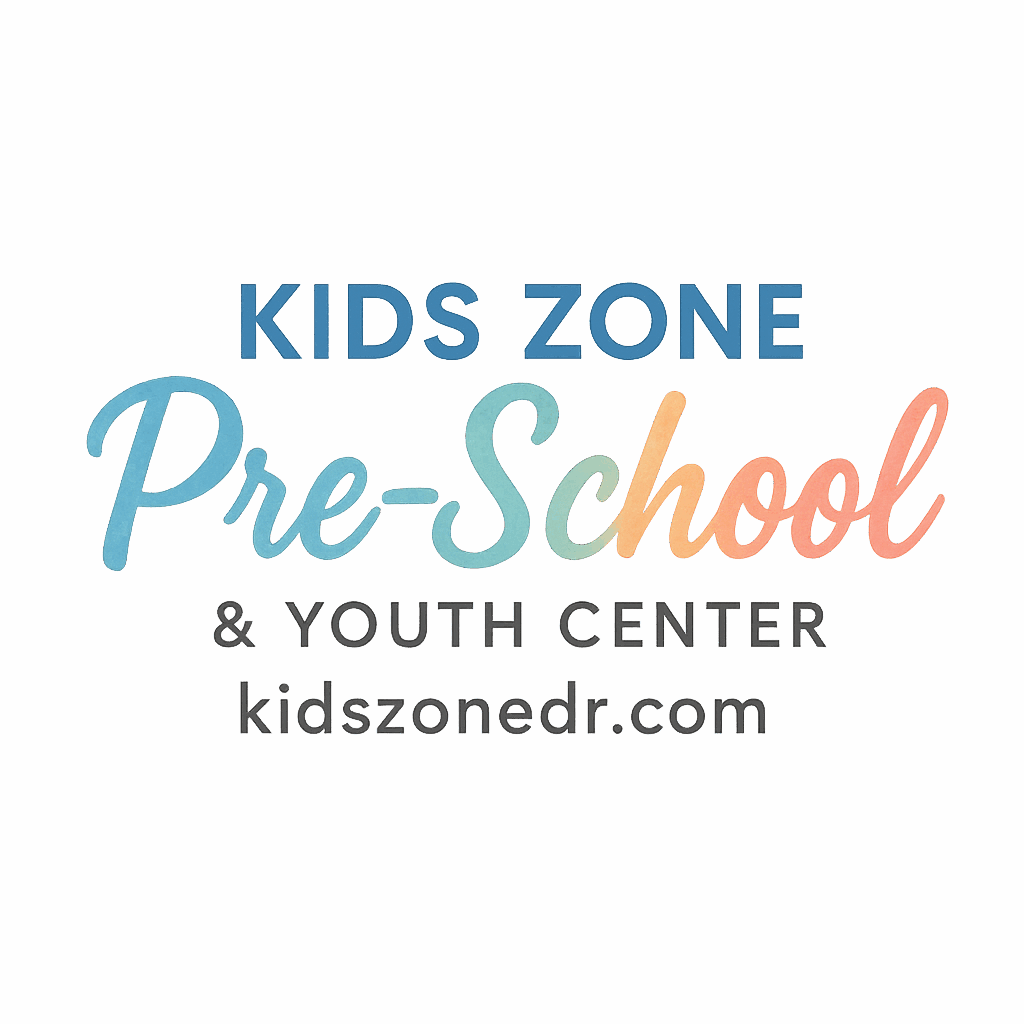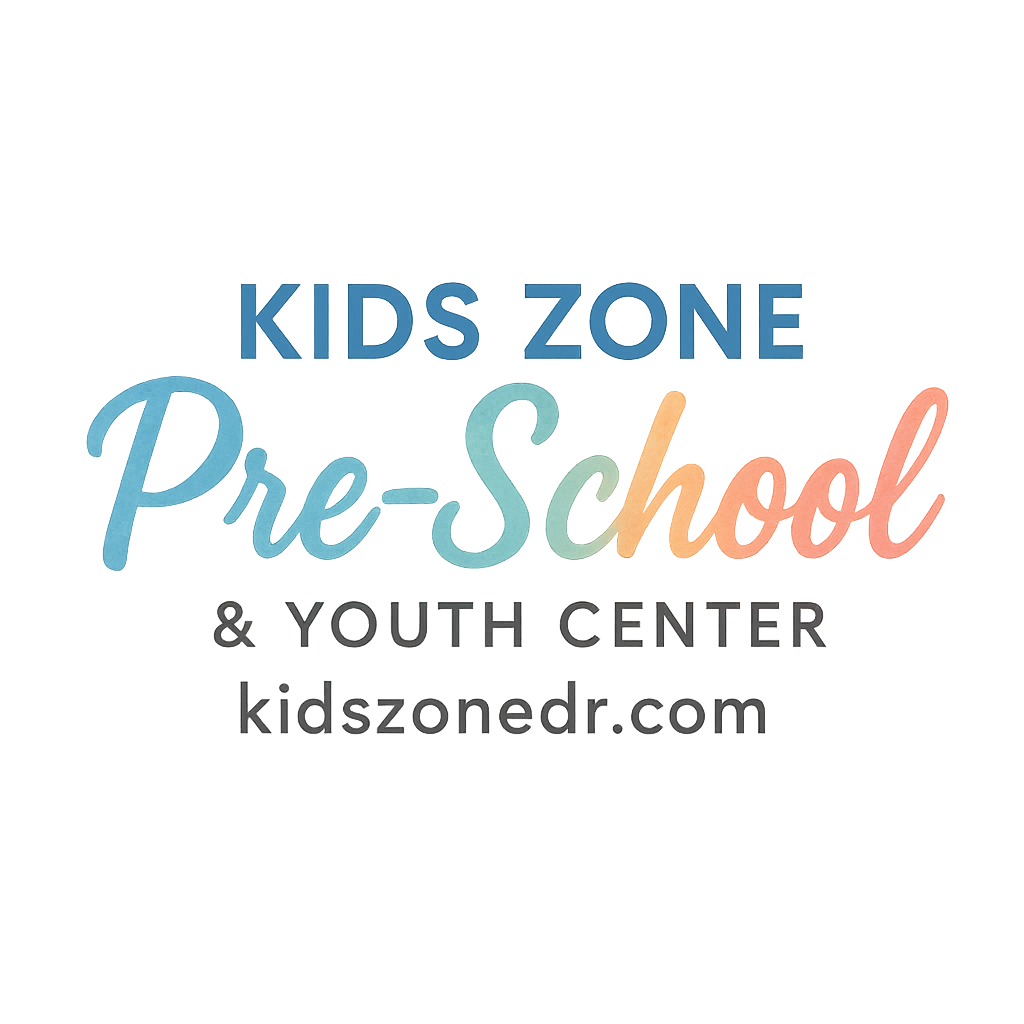Introduction
Preschool is a magical time in a child’s life, where play, exploration, and learning intertwine. While the fun and excitement of preschool activities are important, one of the most vital aspects of attending preschool is its impact on language development. Language is the foundation of learning, and a strong grasp of language in the early years sets the stage for success in reading, writing, and even social relationships later in life. If you’re considering preschool for your little one, you may wonder how it can boost their language skills. In this article, we’ll explore 7 Language Development Benefits of Attending Preschool and why early childhood education is essential for linguistic growth.
Why Language Development is Critical in Early Childhood
Before diving into the specific benefits of preschool, let’s discuss why language development is so crucial in the first few years of life. Between birth and age five, a child’s brain is rapidly growing and forming neural connections, making it a prime time for language acquisition. Children who are exposed to rich, diverse language experiences during these formative years are more likely to develop strong language skills, which will help them excel in school and beyond.
Now, let’s look at how preschool specifically aids in language development.
Benefit 1: Early Exposure to Rich Vocabulary
One of the first ways preschool fosters language development is by providing early exposure to a rich and varied vocabulary.
Preschool as a Language-Enriched Environment
Preschool classrooms are designed to be language-enriched environments. Teachers use books, songs, games, and various forms of communication to expose children to words they may not encounter at home. This environment helps expand their vocabulary in ways that would be difficult if they only interacted with a limited number of people. Choosing the Right Preschool can help ensure your child is exposed to a curriculum that supports such language-enriched environments.
Vocabulary Growth through Daily Interactions
Each day in preschool is filled with opportunities for children to hear and use new words. Whether it’s during circle time, snack time, or free play, preschool educators encourage children to express themselves and engage in conversations. This constant exposure to new words helps broaden their language skills and comprehension, setting a strong foundation for reading and writing later on. Preschool Learning and Development plays a key role in this process.
Benefit 2: Social Interaction and Communication Skills
Social interaction is another key aspect of language development, and preschool offers abundant opportunities for this.
Building Confidence through Peer Interaction
When children interact with peers, they are more likely to engage in conversations, ask questions, and express their thoughts. These interactions build their confidence in using language. As they practice with friends and classmates, children learn to communicate their needs, emotions, and ideas more effectively. Engaging in Parent Involvement can also reinforce this confidence at home.
Improved Listening Skills
Listening is just as important as speaking when it comes to communication. Preschool helps children hone their listening skills through structured group activities, storytelling sessions, and teacher-led discussions. By listening attentively to others, children begin to understand different perspectives and learn how to respond appropriately. To ensure a positive listening environment, understanding a Preschool Daily Routine can help establish consistency in communication.
Benefit 3: Structured Learning Activities
Preschools offer structured learning activities that promote language development in fun and engaging ways.
Language-Rich Activities
From alphabet songs to rhyming games, preschool introduces children to a wide range of language-rich activities. These activities help children become familiar with the sounds and structures of language, which is essential for reading and writing later on. Incorporating these activities into your child’s Daily Schedule can enhance their language retention and engagement.
Interactive Storytelling and Discussions
One of the most impactful language development activities in preschool is storytelling. By listening to stories and engaging in discussions about them, children learn new words, understand sentence structure, and develop comprehension skills. This type of interactive learning is key to building a solid language foundation, and it aligns with Healthy Eating Habits that foster a well-rounded child.
Benefit 4: Enhanced Cognitive Development
Language development is closely tied to cognitive growth, and preschool plays a significant role in enhancing both.
Critical Thinking and Problem-Solving Skills
Through activities like puzzles, games, and group discussions, preschoolers are encouraged to think critically and problem-solve. These cognitive exercises require children to express their thoughts, explain their reasoning, and use language to communicate their ideas. As a result, language becomes a tool for cognitive development. Child Talk and conversations at home can help extend this process.
Linking Language and Cognitive Skills
When children use language to think, they reinforce their cognitive abilities. For example, when a child describes a picture, talks about their favorite animal, or explains the steps in a process, they are practicing both language and cognitive skills simultaneously. This integrated learning approach sets the stage for later academic success and helps build a strong foundation for Kids Development.

Benefit 5: Exposure to Multiple Language Styles
Preschool exposes children to different language styles and teaching approaches, which helps them adapt and learn how to communicate effectively in diverse contexts.
Different Teaching Approaches and Communication Styles
In a preschool setting, children are often exposed to various teaching methods and communication styles. Teachers may use visual aids, gestures, songs, or even sign language to help children understand concepts. This variety of approaches helps children develop flexibility in their communication and enhances their understanding of language in different contexts. A well-structured preschool is critical for ensuring that your child is exposed to Features of language that will benefit them in the future.
Incorporating Visual, Auditory, and Kinesthetic Learning
Preschool classrooms cater to different learning styles, including visual, auditory, and kinesthetic learners. By incorporating all of these styles into language activities, children are more likely to absorb and retain new vocabulary and concepts. Whether they are using visual cues, listening to stories, or acting out words, preschool provides a well-rounded approach to language learning. Understanding the Milestones in your child’s learning journey will help you know how to best support their development.
Benefit 6: Preparation for Future Academic Success
Preschool plays a vital role in preparing children for future academic success, particularly in literacy.
The Role of Preschool in Reading and Writing Skills
Preschool introduces children to the basics of reading and writing, such as letter recognition, phonemic awareness, and early writing skills. These foundational skills are essential for future academic achievement. By learning these skills early, children are better prepared for the more formalized literacy instruction they will receive in kindergarten and beyond. Preschool Learning Development is central to this preparation.
Building a Foundation for Literacy Skills
In preschool, children begin to understand the relationship between spoken and written language. They learn that letters and words represent sounds and meanings. This early literacy exposure makes the transition to formal schooling much easier and helps set the stage for reading fluency. Ensuring your child is on the right track involves regular parental Volunteering and support in their learning activities.
Benefit 7: Encouragement of Language Use at Home
Preschool doesn’t just benefit children while they are at school; it also encourages language development at home.
Strengthening Language Skills through Family Engagement
When parents are involved in their child’s preschool experience, they can reinforce language skills at home. Activities like reading together, discussing daily events, or even singing songs can help extend language learning beyond the classroom. By visiting sites like Healthy Eating, families can continue to support language development in a holistic way.
Collaboration Between Teachers and Parents for Language Growth
Preschool teachers often provide resources and suggestions for parents to help support language development at home. This collaboration ensures that language growth continues consistently between home and school, providing a more comprehensive learning experience. Parental Guidance and Involvement can make a huge difference in reinforcing the learning from school.
Conclusion
Attending preschool is not just about socializing or having fun – it is an essential step in fostering strong language skills. From expanding vocabulary and improving communication skills to preparing for future academic success, the language development benefits of preschool are far-reaching. By exposing children to a language-rich environment, engaging them in interactive activities, and encouraging family involvement, preschool lays the foundation for a lifetime of effective communication. To make the most out of your child’s preschool experience, you may also want to explore how a well-organized Health and Safety Program can further support their development.
FAQs
- What age should my child start preschool to benefit their language development?
- Ideally, children should start preschool at around 3-4 years old to take full advantage of the language development opportunities it offers.
- How does preschool help with vocabulary growth?
- Preschool provides daily exposure to new words through interactions with teachers and peers, books, songs, and games, helping children grow their vocabulary.
- Can preschool improve my child’s listening skills?
- Yes, preschool activities encourage active listening through group discussions, storytelling, and listening exercises, helping children develop strong listening skills.
- What type of language activities does preschool provide?
- Preschool offers a variety of language-rich activities such as storytelling, singing, rhyming games, interactive reading, and group discussions.
- How can I support my child’s language development at home?
- Engage in activities such as reading together, asking open-ended questions, and encouraging your child to describe their day or express their thoughts.
- Does preschool help with reading and writing skills?
- Yes, preschool introduces foundational skills for reading and writing, such as letter recognition, phonemic awareness, and early writing activities.
- What role does social interaction play in language development?
- Social interactions with peers and teachers help children practice communication, build confidence, and improve their ability to express themselves effectively.


